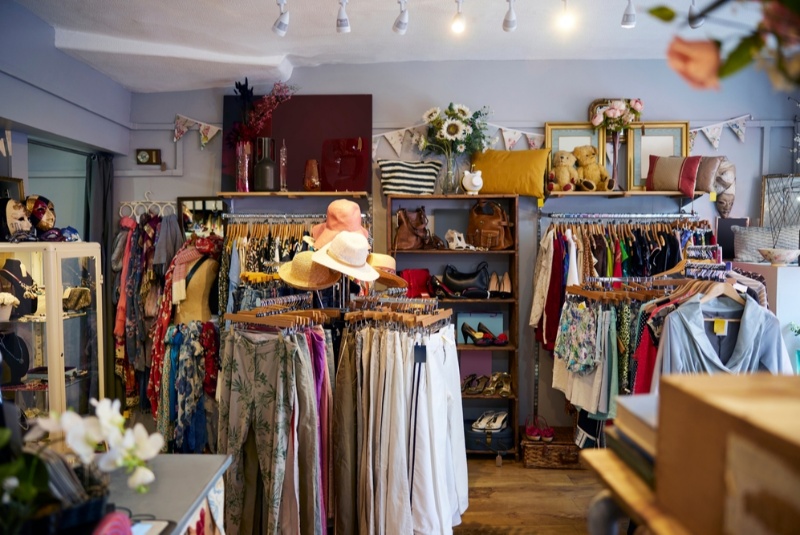We are currently in a transition era, where our shopping habits are continuously changing to support the environment and uplift humanity. One area where this shift is noticeable is in the fashion industry. Ethical and sustainable fashion choices have transformed the fashion sector into a platform that supports both environmental conservation and social justice. By consciously choosing sustainable fashion, we are not only preserving our ecosystem but also influencing industry practices and societal norms.
Ethical fashion is a broad concept encompassing several aspects. Firstly, it includes fair treatment and proper compensation for those involved in the manufacturing process, primarily in low-wage countries where labor exploitation is common. Secondly, it refers to the commitment to animal welfare, avoiding materials and practices that harm them. Lastly, it involves promoting inclusivity and diversity, both in the workforce and in how brands market their products.
On the other hand, sustainable fashion focuses on the environmental impact of clothing production. It involves using environmentally friendly materials, reducing waste and energy consumption, minimizing water usage, and avoiding harmful chemicals. It aims to establish a circular economy in the fashion industry, where clothes are reused, recycled, or composted, minimizing waste and conserving resources.
Many factors drive consumers to adopt ethical and sustainable fashion choices. One is the increasing awareness of the fashion industry's environmental footprint. Fashion is one of the most polluting industries globally, responsible for a significant share of carbon emissions, water pollution, and waste generation. Recognizing this, many consumers are choosing to purchase less but better quality, long-lasting, and sustainably-produced clothes.
Another driver is the growing awareness of labor exploitation in the fashion industry. Many clothes are produced in unsafe conditions, with workers receiving meager wages. The demand for ethical fashion is a response to these inhumane conditions. Consumers are willing to pay a premium for clothes produced in a fair-trade environment, where workers are paid adequately and work in safe conditions.
Additionally, consumers are increasingly seeking transparency. They want to know the origin of their clothes, the materials used, the environmental impact, and the workers' conditions. Many fashion brands have responded by providing more information about their supply chain, reinforcing their commitment to ethical and sustainable practices.

So, how can consumers make ethical and sustainable fashion choices? Here are a few suggestions:
Buy Less and Buy Better: Instead of purchasing a high volume of low-quality clothes, opt for high-quality, durable pieces. Consider the cost per wear – a pricier, quality garment worn repeatedly is often better value than a cheap item worn only a few times.
Support Ethical Brands: Support brands that prioritize ethical labor practices, use sustainable materials, and provide transparency in their supply chain. Check out ethical fashion directories or use tools like the Fashion Revolution's Fashion Transparency Index to guide your choices.
Invest in Second-hand Clothes: Thrift stores, vintage shops, and online second-hand marketplaces offer a wide variety of clothes that can help reduce the demand for new garments, thus reducing waste and carbon emissions.
Recycle or Upcycle Your Clothes: Instead of discarding old clothes, consider recycling or upcycling them. Many brands now offer take-back programs for old garments, while upcycling gives a fresh look and extended life to worn-out clothes.
Ethical and sustainable fashion choices are not a passing trend but a significant shift in consumer behavior that is likely to shape the future of fashion. By making conscious choices, we can influence industry practices, protect the environment, and uphold human rights. Sustainable fashion is not just a style statement; it's a lifestyle choice, a way to express our values and our care for the world we live in.




